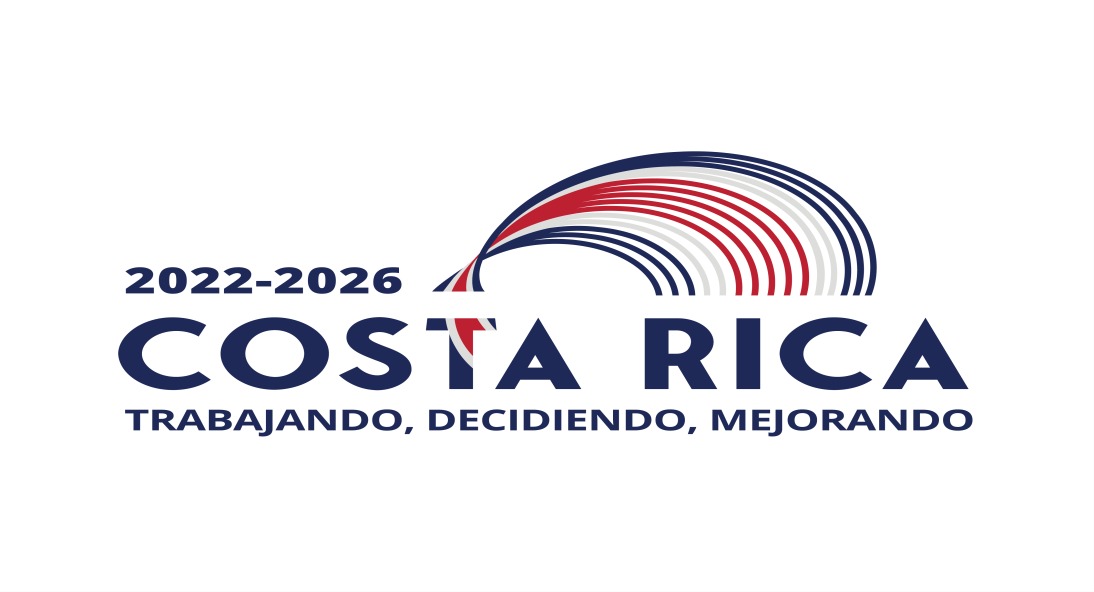During the 1990s, Costa Rica went through changes in the environmental sector, characterized by the promotion of legislation aimed at preserving and protecting natural resources, creating institutions to renew the sector, and a significant change in the way that the society perceived the management, conservation and sustainable development of human resources.

World initiatives early and mid of that decade such as the Summit and the Rio Declaration on Environment and Development, Agenda 21, the international conventions on Climate Change, the Fight against Desertification and Biological Diversity, the Kyoto Protocol, the issuance of the sustainable forestry management´s principles, criteria and indicators, and more recently, the Millennium’s Objectives and the Johannesburg Summit, have contributed to define the path that the country has decided to follow in the environmental topic.
Costa Rica thus included the required legal dispositions to protect the right of all its inhabitants to a healthy and balanced environment and several sub-regional conventions were ratified, such as: The Regional Convention for the Management and Conservation of the Forest Natural Ecosystems and the Development of Forest Plantations. New legislation was also issued, such as: Forestry Law Nº 7575, Public Services Regulatory Authority Law, Environment Organic Law, Soil Conservation Law and Biodiversity Law, among others, all of which constitute the framework to execute the Environmental Service Payment Program (hereinafter referred to as PPSA).



